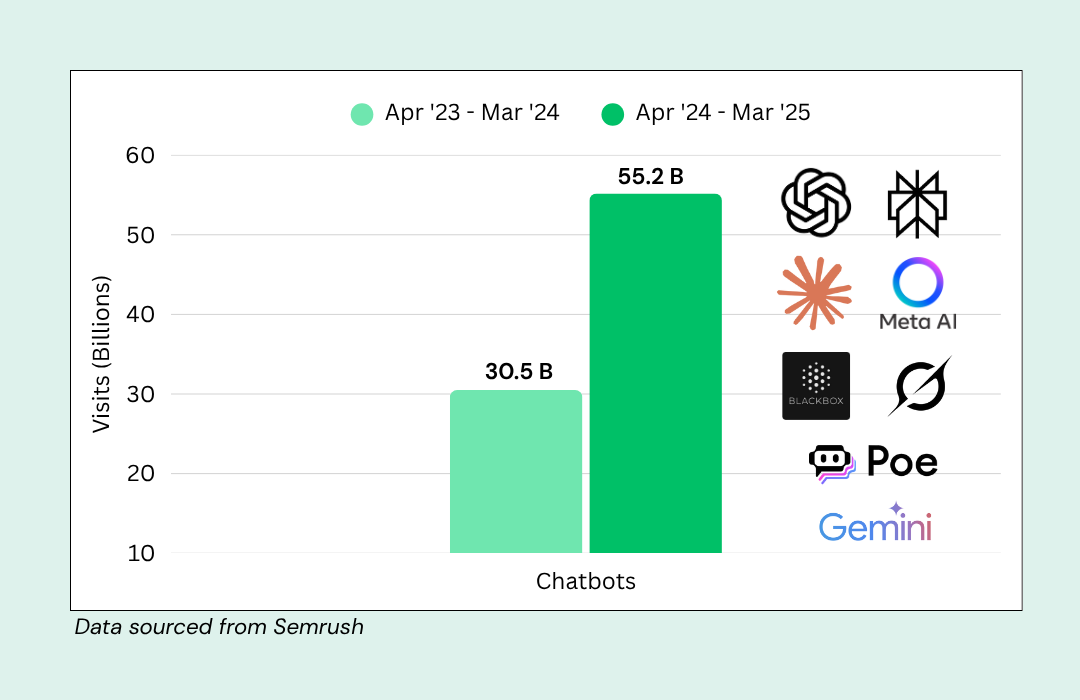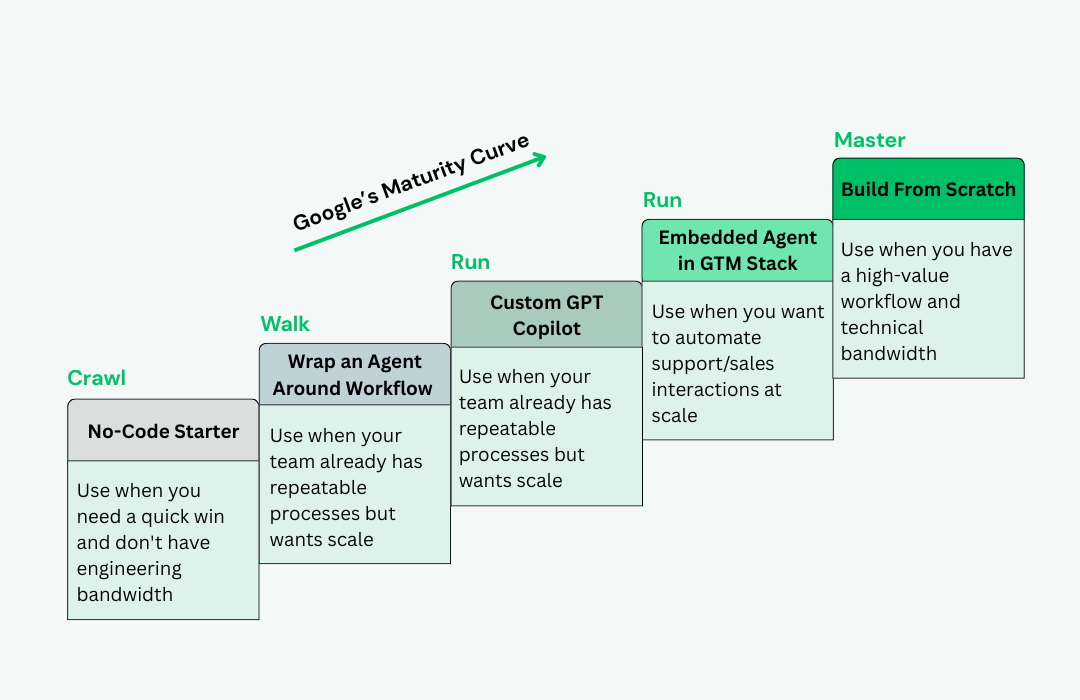How many times have you been in a position where you have an opportunity to ask a question, but can’t find the right one? You can waste time asking questions with little context or those you already know the answers to. However, when you’re asking questions in sales and you listen with intent, the results can be amazing.
“The stupidity of people comes from having an answer for everything. The wisdom of the novel comes from having a question for everything.” — Milan Kundera
We use questions throughout our sales process, however, the volume is heavily slanted toward asking questions in qualification. This is where you want to make sure you understand the who, what, why, where, when, and how, relative to the people you interact with.
The answers to these questions will help you set the foundation for the story you will tell in your proposal. Or, they will help you identify if the fit is not right, and you should move on.
Here’s a quick overview:
1) The two types of questions you should ask as a salesperson.
2) How to think like a salesperson and talk like a journalist.
3) “Validation” questions as a precursor to “Learn Something New”.
4) Common mistakes when asking questions in sales.
5) The key to understanding your prospects better.
The Two Types of Questions You Should Ask
When it comes to asking questions, I try to categorize questions into the following two buckets.
1) To gain information or knowledge
Here, I’m interested in learning something new and gaining knowledge about people, places, and things within an organization. This may be specific to operations, policy, approach, or how they are addressing the problem we solve.
2) To validate information or assumptions
In this instance, I like to confirm something I think or believe. This could be something that I’ve read during our research. Or, it could also be something that I’ve heard over the course of multiple discussions that I’m interested in validating.
Bonus read: 4 Ways to Ask Indisputably Better Probing Questions in Sales
Think like a Salesperson. Talk like a Journalist
Who, what, why, where, when, wow—these are the foundation of questions that you use to gather information aka “Learn Something New” questions.
I like to think of asking questions using a journalist’s approach. The journalist is focused on building the story. Good journalists try to limit preconceived notions and get to the facts.
Another way to view this is from the perspective of a two-year-old. It’s important to have a natural level of curiosity. A true interest in understanding why something works, or how someone thinks, or why something is important.
This is about their story, not yours. You are looking for information to build out their story.
- Who cares?
- Why do they care?
- What do they care about?
- How are they doing the thing they care about today?
- What would they do if they did not have to worry about X?
If you take this approach, you truly have to be interested in learning from the person on the other end. Base your questions on a foundation of who, what, why, where, when, and how, and adapt based on how the customer engages with you.
Bonus read: Stop “Closing” Your Prospects! Instead, Ask Them For The Next Step (Checklist)
“Validation” Questions as a Precursor to “Learn Something New”
Think of the various perspectives that people have around the same issue. Imagine you’re writing a police report at the scene of an accident. If you take the account of a single eyewitness, you have one person’s perspective. If you capture information from multiple people in the crowd, including those who witnessed the event from a different vantage point, you can capture a complete picture of the situation.
Validation questions can also be used to validate your understanding of the organizational structure, funding sources, and timeline, etc.
Validation questions show that you’ve done your homework
You can use questions to validate understanding, validate that something has/has not changed, and to demonstrate the work you have accomplished to date. These questions may lead to “Learn Something New Questions” as demonstrated here:
- Question #1 (Validation): “Based on discussions with a couple of folks within XYZ company, I understand that Y is a priority. How does this impact the success of your team?” or “Where does this fit in your list of priorities?”
- Question #2 (Learn Something New): “Why is that the case?”
- Question #3 (Learn Something New): “How are you addressing this today?”
One advantage to using “Validation” questions as a precursor to “Learn Something New” questions is that it demonstrates that you have done your homework, and have taken an interest in your customer’s business.
Bonus read: 6 Open Ended Sales Question Examples For Your Next Sales Pitch
Common Mistakes When Asking Questions in Sales
1) Asking closed-ended questions
Closed-ended questions that can be answered with a simple yes or no. I try to avoid yes/no questions unless I’m looking to validate a previous assumption, identify if something has changed, or clarify that a message has been conveyed.
Yes/no questions may work well in surveys, and general information gathering, but they do not typically contribute to engaging conversations.
2) Pushing for process over real engagement
You’ve been there, you’ve likely put your customers through this. Are you the decision-maker? Do you own the budget? When do you plan on making a decision? How is your team structured? How do you do XYZ today?
These questions also have a time and a place.
However, if you put your customer through the 20 questions to validate business-fit, it’s highly likely that they think they are being pushed through your process. This is one of the top sales mistakes you can make.
3) Failure to ask reflective-listening questions
Think about a time where a customer provided some interesting information to you. The answer might highlight a problem they face that you did not anticipate, but your product can solve. Or, it might highlight a challenge that they run into today.
Reflective questions work well to validate information, confirm understanding, and support engaging conversations.
4) Overcomplicating how you deliver questions
Sometimes we try to make our questions sound more intelligent by adding additional words. This usually complicates the discussion, adds confusion, and leads to a need to clarify or repeat questions. Keep the questions simple.
5) Attempting to ask questions from a generic script
Have you ever tried to ask a question that someone wrote for you? How about asking questions you haven’t practiced yet? Do you think your customers can recognize that you’re reading off of a script?
This is a definite no-go. Either embrace the language as your own, or re-write the question.
Related: How To Walk Away From A Business Deal Without Burning Bridges
The Key to Understanding Your Prospects Better
One of my guiding principles is to “understand the customer better than they understand themselves”.
This is impossible if you limit your knowledge or experience to a single contact within the organization. The best way to understand your customer’s business better than they understand it themselves is to gather multiple perspectives.
- You can gain these perspectives by asking similar questions to multiple people who are part of the ecosystem that your product serves.
- Consider other public sources when conducting your research. Use resources like company information pages, the About Us section on Career pages, the footer at the end of a press release to identify common language within the organization etc.
- Use this language to frame the questions you ask. As an example, if the company refers to its employees as “Associates”, ask your questions relative to “Associates” not “Employees”.
Recap: Dos and don’ts
- Don’t make assumptions.
- Do ask questions if you do not understand a word or a concept being discussed.
- Don’t limit your questions based on preconceived notions.
- Do use your own language, it’s important to ask questions using your own voice
Questions help you gain perspective, gather information, and learn. This information can be used to create proposals that deliver your solution in the context of what is important to your customer. Craft your questions wisely and test them regularly.







